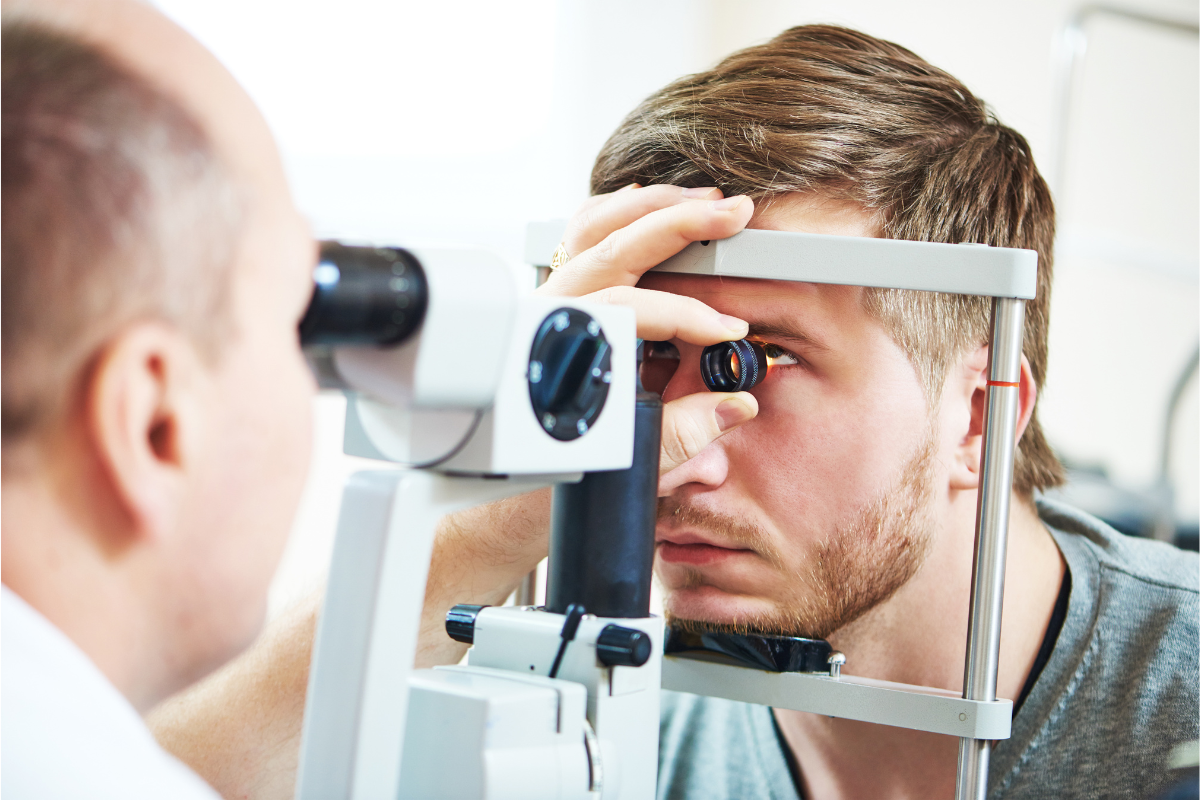Has your eyesight grown weaker? The reason might be your food. Believe it or not, your diet can significantly impact your vision. Read on to know more.
Weakened eyesight is often thought to be an age factor in older people. In younger people, it is often blamed on genetics or blue-light exposure. However, what people often do not realize is that your diet also plays a significant role in improving your eyesight. Foods rich in omega-3 fatty acids are the most beneficial for eyesight improvement. Moreover, vitamin A-rich foods for the eyes are another boon. Studies have shown that a diet rich in zinc, vitamin C, beta-carotene, vitamin E, and copper significantly reduces the risk of age-related eyesight deterioration.
Vitamins essential for eyesight
- Vitamin A
Vitamin A is the first nutrient that instinctively comes to mind when considering nutrients essential for eyesight. Vitamin A is an umbrella term used for compounds known as retinoids. In human beings, retinol is used by retinal cells that produce rhodopsin. The rod cells in the eyes use rhodopsin to enable us to see at night. The deficiency of vitamin A can lead to night blindness and dry eyes.
- Vitamin C
Our bodies are constantly producing free radicals. Free radicals are a byproduct of the metabolic processes going on in our body during the waking state. Antioxidants fight off these free radicals, preventing cell damage in our bodies. However, as we age, an imbalance between free radicals and antioxidants forms, resulting in oxidative stress. Oxidative stress is the cause of many aging processes, including cataract formation in the eyes. Vitamin C is abundant in antioxidants that can help fight these free radicals and slow down the process of cataract formation. Moreover, it can also help slow down age-related blindness.
- Vitamin B
Vitamin B exists in several forms, and many of them have shown positive results in eyesight improvement. Folate, vitamin B6 and B12 have been shown to slow down age-related blindness, aka macular degeneration. Vitamin B complex helps in fending off the formation of cataracts.
4. Lutein
Lutein is another great vitamin to help improve eyesight. It is a vitamin A and beta-carotene-related carotenoid that helps slow down the macular degeneration progression and even delays cataract formations.
Foods essential for improved eyesight
- Carrots
Carrots are one of the most instinctively recalled foods for bettering your eyesight. Carrots are a rich source of both vitamin A and beta-carotene. Both these nutrients are essential for maintaining good eye health. Carrots are very universal. You can munch on them as a midday or evening snack, add them to soups and stews, toss them in salads, and even blend them into your vegetable smoothies. Carrots are easily one of the best vegetables for eyesight improvement.
- Oranges
Another great food to include in your diet for better eyesight is oranges. Oranges are abundant in vitamin C, one of the critical nutrients for maintaining good eye health. Vitamin C contains antioxidants that help fight free radicals and help slow down the aging process. This can, in turn, assist in slowing down cataract formations and macular degeneration.
- Nuts and seeds
Nuts and seeds are an abundant source of omega-3 fatty acids and vitamin E. Moreover, they carry lovely antioxidant properties. As mentioned earlier, vitamin E and antioxidants are central to maintaining eye health. Almonds, walnuts, and cashews can be great additions to your diet. As for seeds, chia seeds, hemp seeds, and flax seeds are also great additions.
- Leafy greens
Leafy greens are among the best vegetables to include in your diet for overall health. They are a rich source of vitamin C and lutein, both crucial nutrients for good eye health. Spinach, kale, and collards are some of the best leafy greens to add to your diet, we suggest consuming them raw to reap their full benefits.
Final thoughts
While eyesight deterioration is an age factor, your diet can help you slow down. Take care of your nutritional intake and save yourself the trouble of looking for your glasses for the rest of your life.

